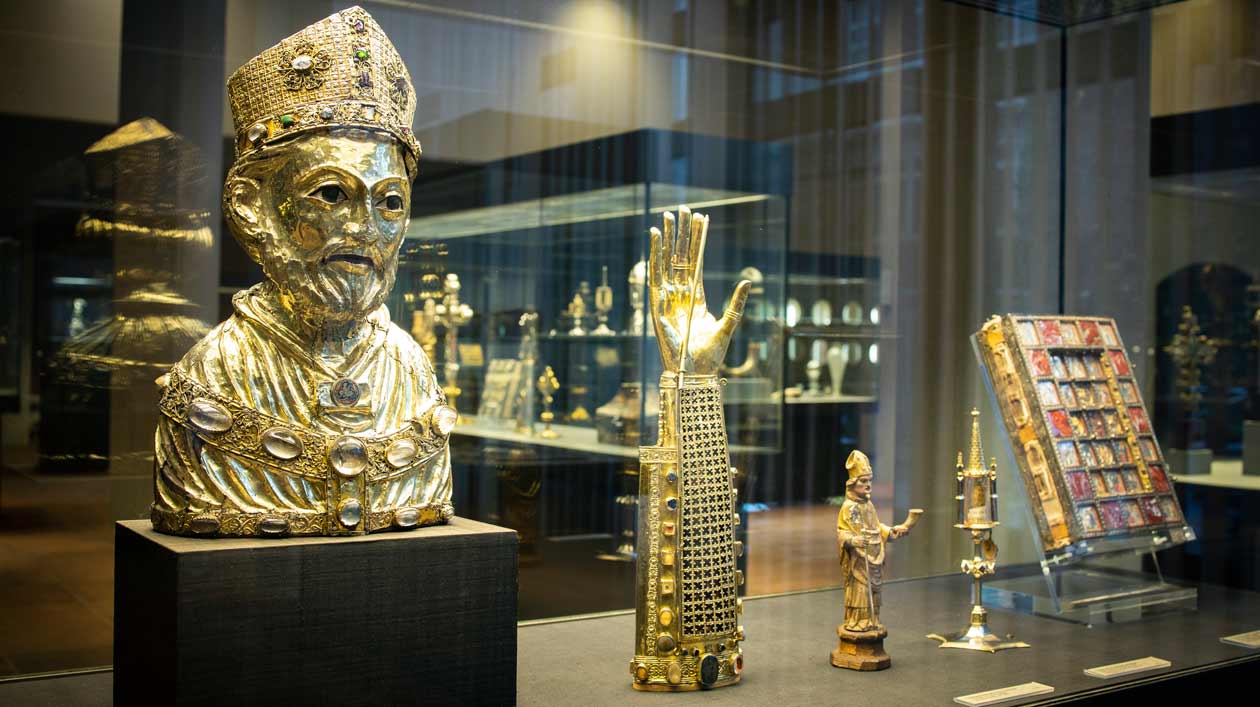SPK statement on current reports on the Guelph Treasure case
News from 02/05/2025
In response to recent media reports, the SPK has clarified that it would agree to the case being referred to the Advisory Commission, provided that the conditions are clarified in accordance with the Rules of Procedure. In order to achieve this, it has now re-established contact with the Commission and the lawyers of Alice Koch's descendants.

The SPK is unequivocally committed to the Washington Principles of 1998 and their implementation in Germany. In a letter dated September 25, 2024, it explained to the Advisory Commission that it would agree to the matter being referred to the Commission, but that questions regarding the eligibility of individual claimants, among other things, still needed to be clarified first, as stipulated in the Commission's Rules of Procedure from 2016. The Advisory Commission did not respond to the SPK. The SPK is therefore surprised by the Chairman's current public statements, but has contacted the Commission again in a letter dated February 4, 2025 with a request for a short-term meeting to clarify the outstanding preliminary questions. At the same time, it also asked the legal representatives of Alice Koch's descendants to meet again to clarify the outstanding issues.
The Guelph Treasure has been the subject of various restitution claims since 2008. Since then, the SPK has repeatedly carried out thorough and extensive research into the circumstances surrounding the sale of the Guelph Treasure in 1935. Even after receiving the new documents in 2022 from new claimants, it has once again conducted in-depth research and examined the historical facts.
In 2014, the Advisory Commission issued a substantive recommendation for the first time. It followed the opinion of the SPK that the sale should not be classified as a sale due to persecution, as the purchase price was reasonable and the sellers received it at their free disposal. It stated: “Although the Commission is aware of the difficult fate of the art dealers and their persecution during the Nazi era, there is no evidence to suggest that the art dealers and their business partners in this (...) specific case were put under pressure during the negotiations - for example by Göring”. In the opinion of the SPK, the newly submitted documents also do not show without doubt that the sale of the Guelph Treasure in June 1935 can be classified as a forced sale due to persecution. She still sees a considerable need for clarification.

